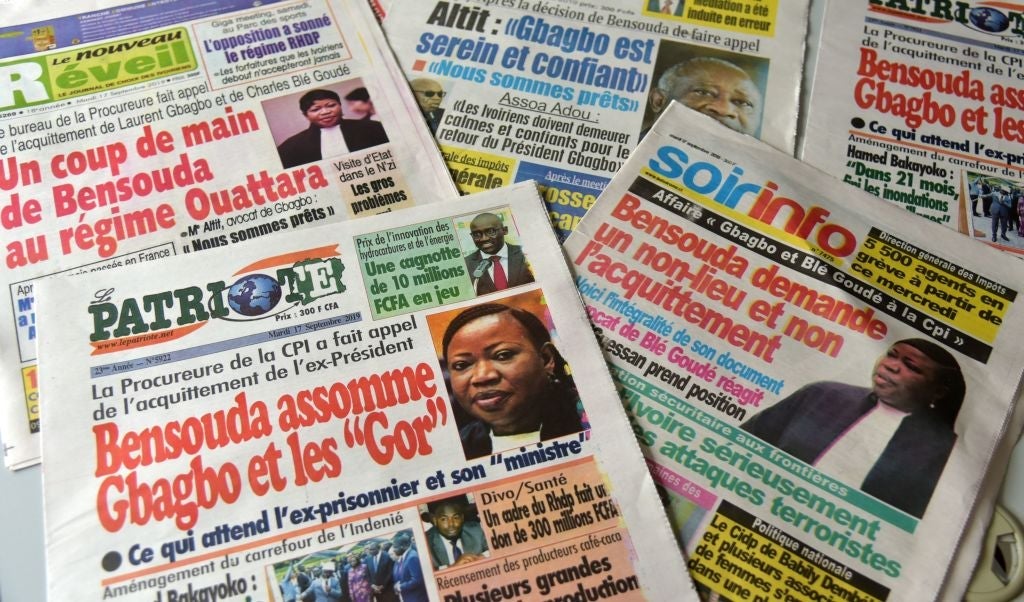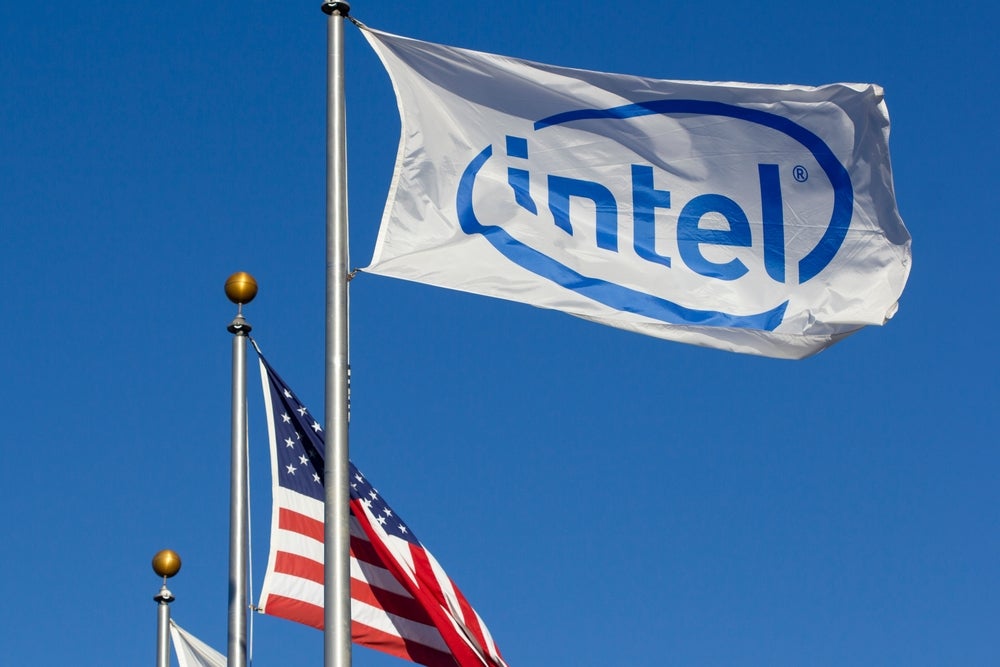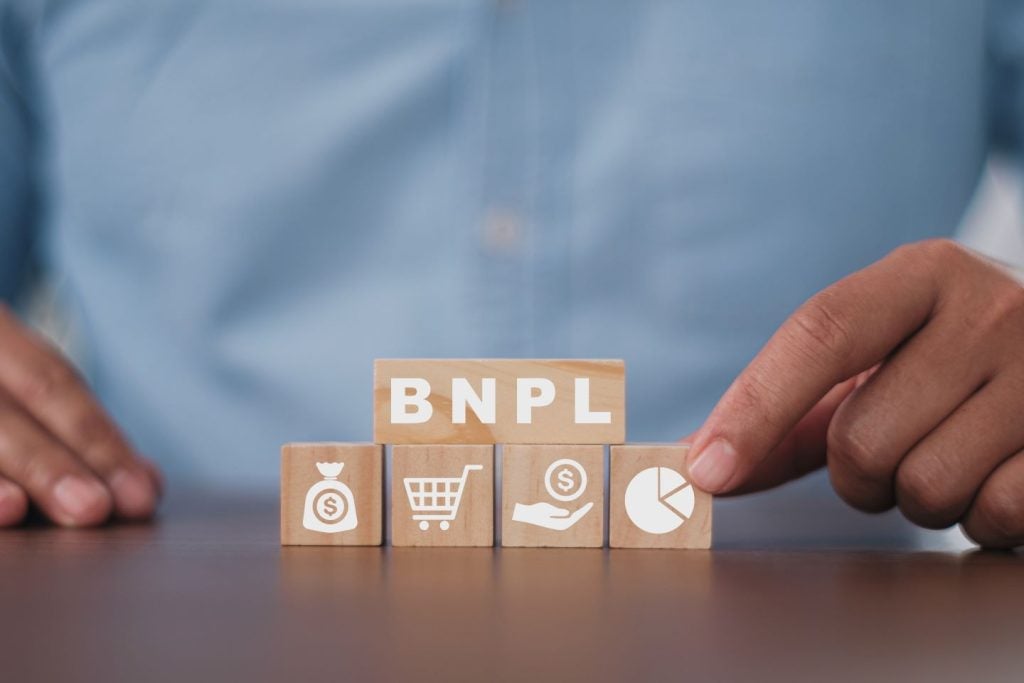
This week saw the publication of Press Gazette’s Media Freedom Health Check, giving a snapshot of the world’s media environment.
Based on indicators ranging from media bias to the number of journalists killed, Press Gazette has classified 166 countries, from Canada to Cameroon, giving them a traffic light rating of red, amber or green.
Investment Monitor staff will no doubt want to take the ratings into account when planning their first post-lockdown holiday, but it seems that investors are less picky. Among British investors’ top destinations in 2018 were Russia ($13bn), China ($17bn) and the United Arab Emirates ($13bn) – all of which have critical issues relating to media freedom.
Of course, British investors went in even larger numbers to more media-friendly countries such as Sweden ($25bn), Belgium ($17bn) and Canada ($35bn). However, these countries also tend to have larger, more technologically advanced markets and higher skilled workforces, making them attractive destinations for foreign direct investment (FDI) with or without press freedom.
Does press freedom influence FDI decisions?
What role, then, does press freedom play in shaping investor decision-making? Together with Press Gazette, Investment Monitor looked at the behaviour of investors in 70 countries. Controlling for a country’s GDP, its GDP per capita and its physical distance from the UK (all known to be key factors in shaping the attractiveness of a destination for FDI), press freedom seems to have played no role in the decision-making of the average British investor.
How well do you really know your competitors?
Access the most comprehensive Company Profiles on the market, powered by GlobalData. Save hours of research. Gain competitive edge.

Thank you!
Your download email will arrive shortly
Not ready to buy yet? Download a free sample
We are confident about the unique quality of our Company Profiles. However, we want you to make the most beneficial decision for your business, so we offer a free sample that you can download by submitting the below form
By GlobalDataBritish investors aren’t uniquely unconcerned with media freedom; however, only Swedish investors appear to be put off by an unfree press.
Countries classed as ‘red’ in Press Gazette’s Media Freedom Health Check received an average of $3.1bn less investment from Sweden than similar countries (in terms of GDP, GDP per capita and distance from Sweden) with a ‘green’ rating, although there was no statistically significant difference for countries classed as ‘amber’.
South Korean investors, meanwhile, seem to consider media freedom a burden. Countries classed as ‘red’ received $2.5bn more investment from South Korea than similar countries with ‘green’ ratings.
It is not clear what makes Swedish and South Korean investors different. One possibility is that investors in different sectors have different preferences when it comes to media freedom, and that Swedish outward FDI tends to be concentrated in more media-friendly sectors compared with South Korean FDI.
Sectors that benefit from a high-skill, high-pay workforce, such as financial services or advanced manufacturing, might see media freedom as a positive contribution to a country’s investment climate, improving the flow of information and the rule of law.
Other sectors, however, might see a free media more as a burden than a blessing. Investors involved in environmentally damaging projects may prefer to operate under a shroud of secrecy, while those whose business models depend on an underpaid or otherwise exploited workforce may find local press coverage uncomfortable. Certain industries are also more likely to be involved in corruption, for which journalists can only be a nuisance.
How important is democracy to investors?
While academic research on the effect of press freedom on FDI flows is limited, there is some evidence to suggest that different sectors have different attitudes towards democracy in general.
A 2014 study found that US outward FDI tended, on the whole, to be directed towards more democratic countries. This, however, was strongly driven by the service sector – particularly financial services and information. By contrast, the study found that US investors in mining and oil and gas extraction were put off by democracy.
Natural resource investments are more capital intensive than most, requiring expensive, long-term outlays that cannot be moved across borders at short notice – if at all. This makes policy stability a key concern for investors in these sectors, and democracy a potential irritant. Press coverage of the environmental or humanitarian effects of such sectors could also be off-putting to investors, due to the risk of attracting unwanted attention both at home and in the host country.
However, the lack of adequate data on the distribution of FDI by sector makes it difficult to state with any certainty why some investors, but not others, are put off by a free press. Official FDI data sources don’t make clear, for instance, whether Sweden has an unusually low level of outward investment in mining and oil and gas extraction.
What is clear is that press freedom and FDI do not necessarily go hand in hand, as some have argued. In 2019, the 41 countries ranked as ‘green’ by Press Gazette attracted 50% of all FDI destined for the countries included in the index, slightly less than their share of these countries’ GDP (58%).
This might come as no surprise to those who have observed the rapid corporate rehabilitation of Saudi Arabia’s regime since its murder of journalist Jamal Khasogghi, but it should take some of the wind out of the sails of those who present FDI as an unalloyed force for good. As ever, the truth is more complicated.
Home page image by Sia Kambou/AFP via Getty Images






